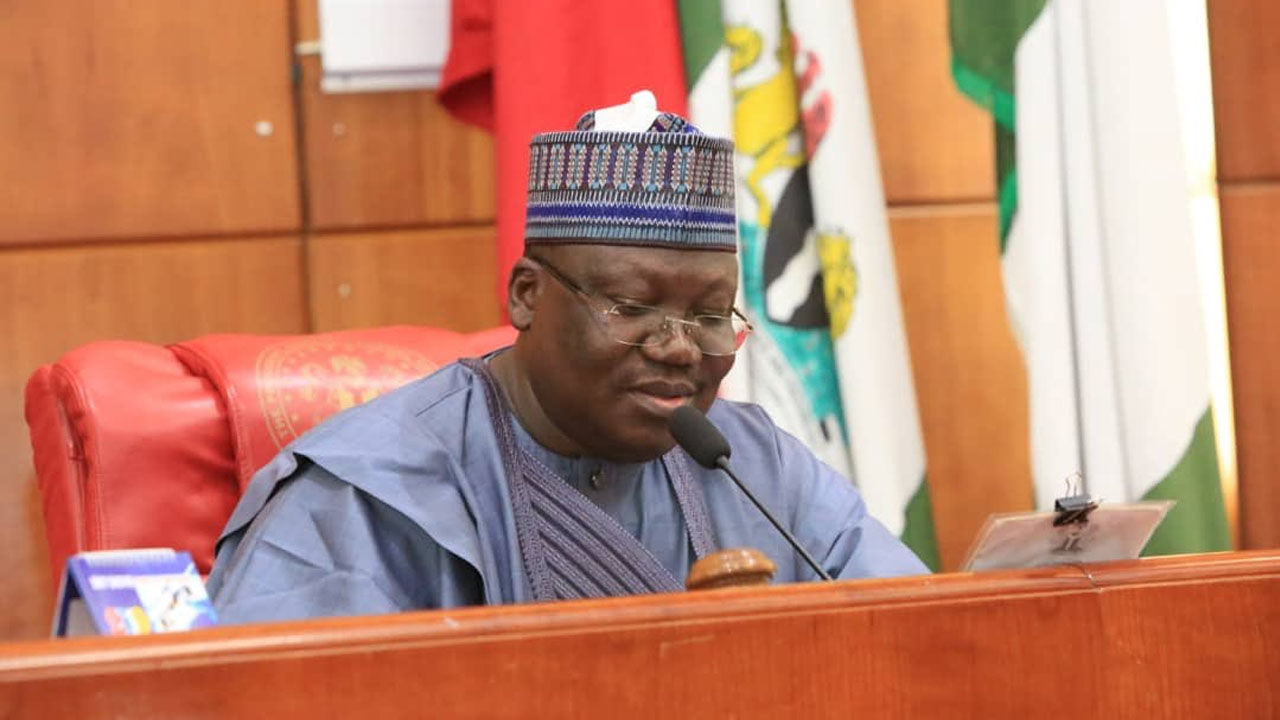From Prof. Philip Mshelbwala yesterday came the disclosure that the Federal Capital Territory (FCT) and neighbouring Nasarawa State have 15 paediatric surgeons for a combined population of approximately 4.3 million.
Mshelbwala, in a welcome address at the 24th Annual General Meeting and Scientific Conference of the Association of Paediatric Surgeons of Nigeria (APSON), in Abuja, disclosed that over 2.2 million of the aforementioned population are children.
The Chairman of the Local Organising Committee (LOC) of the event maintained that the dearth of paediatric surgeons in both the FCT and Nasarawa is a sobering reality of the situation across the country, which falls below World Health Organisation (WHO) recommendations.
Stressing the need for urgent action to address the challenge, he expressed optimism that over the coming days, the rich exchange of scientific information, innovative surgical techniques, and invaluable clinical experiences would enhance the collective expertise of participants drawn from across the country to ultimately improve outcomes for children in the country.
“This congress represents more than just a professional meeting; it is a beacon of hope for the future of paediatric surgery in Nigeria. The induction of new paediatric surgeons into our fold during the conference is a testament to this,” the University of Abuja don noted.
The FCT Minister, Nyesom Wike, who declared the conference open, acknowledged that challenges such as limited infrastructure, inadequate manpower, rising cost of care and migration of skilled professionals, confront the healthcare sector daily.
Represented by the Minister of State, Dr Mariya Mahmud Bunkure, the immediate past governor of Rivers State, reaffirmed the commitment of the FCT Administration (FCTA) to work closely with professional bodies like APSON in advancing paediatric surgical care.
He assured that the FCT administration was keen on expanding access to quality healthcare, improving referral systems, and ensuring that children in both urban and rural areas benefit from timely and effective surgical interventions.






